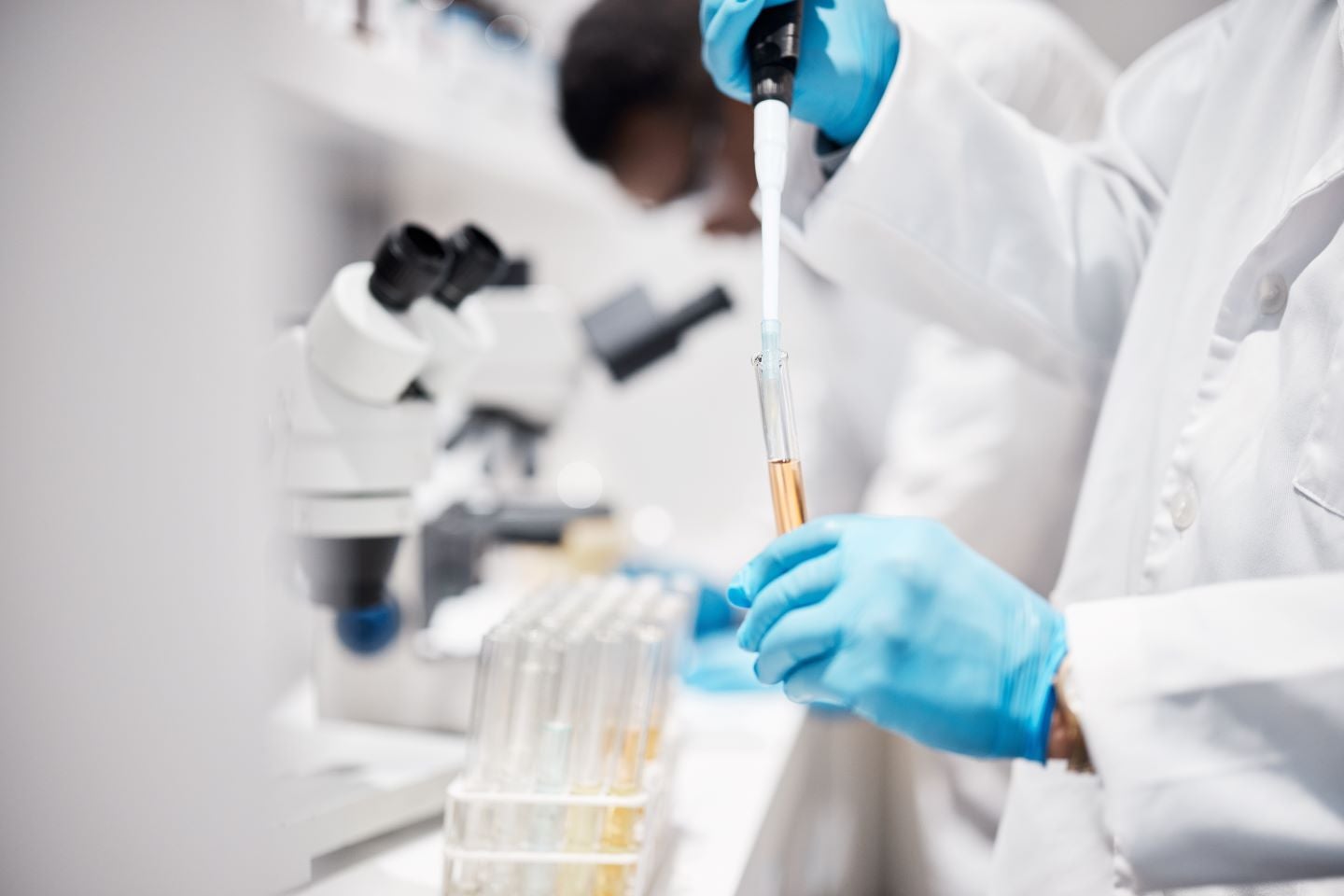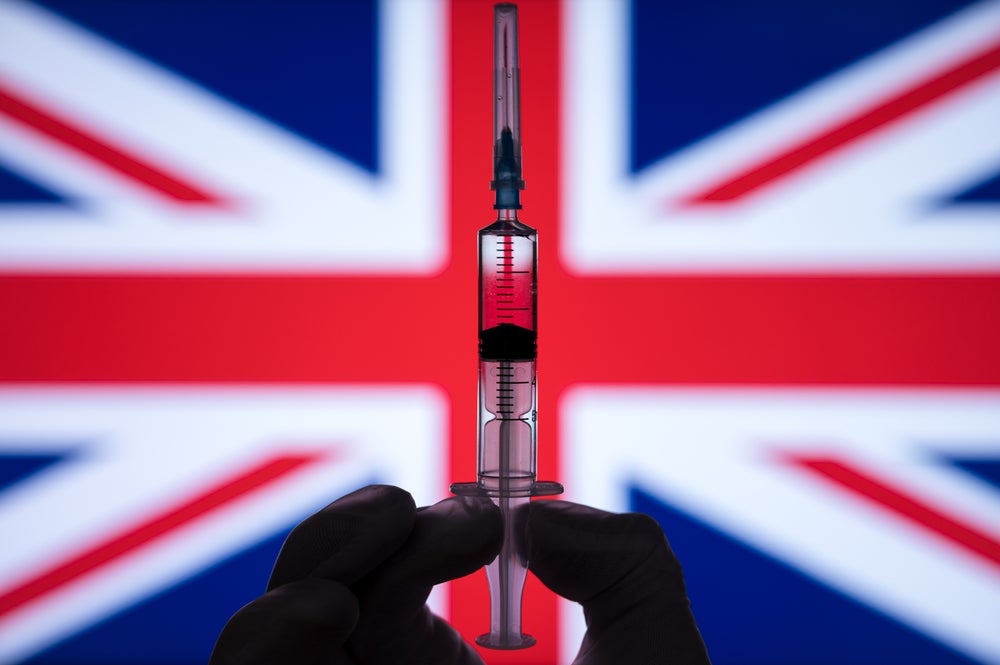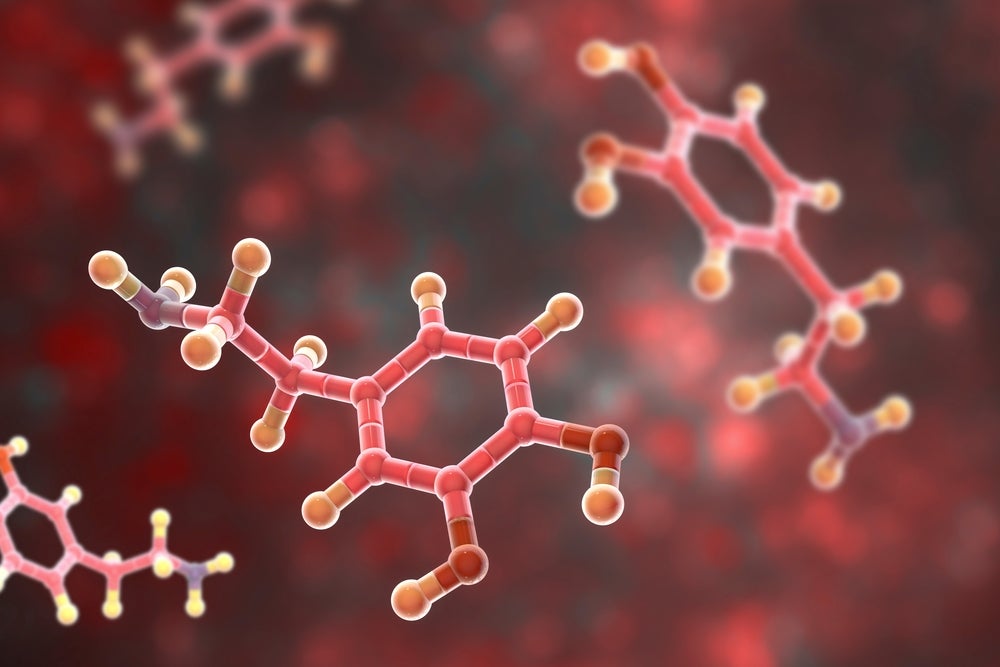Gut Microbiome’s Role in Cancer and Therapy
The intricate relationship between the gut microbiome and cancer has emerged as one of the most transformative frontiers in biomedical science. Recent advances have illuminated how these microbial communities residing in our intestines not only influence tumorigenesis but also critically modulate therapeutic outcomes. A comprehensive review published in Nature Metabolism by Nobels, van Marcke, Jordan, […]


The intricate relationship between the gut microbiome and cancer has emerged as one of the most transformative frontiers in biomedical science. Recent advances have illuminated how these microbial communities residing in our intestines not only influence tumorigenesis but also critically modulate therapeutic outcomes. A comprehensive review published in Nature Metabolism by Nobels, van Marcke, Jordan, and colleagues delves deeply into this dynamic interplay, shedding light on how gut microbes impact cancer development, progression, and response to various treatments. The findings underscore a paradigm shift toward considering the microbiome as both a biomarker and a therapeutic target in oncology.
Cancer initiation and progression have long been understood through the lens of genetic mutations, environmental triggers, and cellular signaling abnormalities. However, emerging evidence reveals that the gut microbiome profoundly influences these processes via its crosstalk with the host immune system and tumor microenvironment. Microbial dysbiosis—disruptions in the composition and function of gut flora—can drive chronic inflammation, alter metabolic pathways, and modulate immune surveillance, all of which create conditions conducive to malignant transformation and clonal expansion. This nuanced understanding broadens the landscape of oncogenic mechanisms beyond the tumor cell-centric view.
Beyond tumorigenesis, the gut microbiome’s role in cancer therapy response has garnered intense scientific scrutiny. Chemotherapy, radiotherapy, and targeted agents do not operate in isolation; they interact with the patient’s microbial ecosystem, which can influence drug metabolism, toxicity profiles, and therapeutic efficacy. For example, certain bacterial species possess enzymatic capabilities to metabolize chemotherapeutic agents, potentially reducing their cytotoxic potency or exacerbating side effects. Conversely, beneficial microbes can enhance immune-mediated tumor clearance by priming antitumor immunity, suggesting a symbiotic potential that could be harnessed to optimize treatments.
.adsslot_8hXs9Z0Lk4{width:728px !important;height:90px !important;}
@media(max-width:1199px){ .adsslot_8hXs9Z0Lk4{width:468px !important;height:60px !important;}
}
@media(max-width:767px){ .adsslot_8hXs9Z0Lk4{width:320px !important;height:50px !important;}
}
ADVERTISEMENT
In the realm of immunotherapy, specifically immune checkpoint inhibitors, the microbiome emerges as a particularly powerful modulator. Accumulating data indicates that the presence or absence of specific bacteria within the gut correlates strongly with patient responsiveness to therapies targeting PD-1/PD-L1 and CTLA-4 pathways. Mechanistically, these microbes influence local and systemic immune tone, shaping T cell activation and regulatory networks. This discovery opens opportunities for microbiota profiling to serve as predictive biomarkers and for microbial modulation to convert non-responders into responders, a critical advance given the variable success rates and high costs of immunotherapies.
Delving into microbial metabolites, the review highlights how these small molecules act as messengers interfacing microbial activity with host immunity and tumor biology. Short-chain fatty acids such as butyrate and propionate have been shown to exert anti-inflammatory effects, enhance epithelial barrier integrity, and induce apoptosis in cancerous cells. In contrast, metabolites like secondary bile acids can promote DNA damage and foster a pro-tumorigenic environment. The metabolic fingerprint crafted by the gut microbiome thus represents a key mechanistic axis through which microbes impact oncological outcomes, offering novel avenues for intervention.
One of the more intricate dimensions explored concerns bacterial species-specific effects on treatment success. Firmicutes, Bacteroidetes, Akkermansia muciniphila, and Faecalibacterium prausnitzii are repeatedly implicated as beneficial taxa that support immune activation and treatment response. By contrast, the enrichment of pathogenic or pro-inflammatory species may dampen therapeutic efficacy or exacerbate adverse events. Disentangling these complex bacterial associations requires high-resolution sequencing, multi-omics integration, and rigorous clinical validation, but promises precision microbiome medicine tailored to individual cancer patients.
Crucially, the review underscores the translational potential of microbiome-targeted strategies aimed at reshaping the gut ecosystem to improve clinical outcomes. Dietary interventions, including increased fiber and fermented foods, have shown promise in modulating microbial communities toward a more beneficial composition. Probiotics, while still controversial and strain-dependent in their effects, represent a more direct approach to augmenting the gut flora. Meanwhile, fecal microbiota transplantation (FMT) emerges as a groundbreaking modality with early clinical trials demonstrating its capacity to restore therapeutic sensitivity in refractory cancer cases, heralding a new era of personalized microbiota therapeutics.
Despite the exciting progress, challenges remain in comprehensively deciphering the microbiome’s role in cancer treatment. Heterogeneity in patient cohorts, variability in microbiota sampling and analysis methods, and the dynamic nature of microbial communities introduce complexities that must be addressed to establish causality and reproducibility. The review calls for robust, standardized frameworks for microbiome research in oncology, including longitudinal studies spanning pre-treatment to post-therapy phases, to unravel temporal dynamics and identify robust microbial signatures linked to clinical outcomes.
Integrative approaches that combine gut microbiome profiling with host genomics, transcriptomics, metabolomics, and immune phenotyping promise to elucidate the multifactorial interactions underpinning cancer biology and therapy response. Such systems biology frameworks will facilitate the identification of microbial biomarkers predictive of treatment success and toxicity, enabling personalized therapeutic regimens. Moreover, they lay the groundwork for innovative clinical trials testing microbiota modulation as an adjuvant to existing cancer therapies.
Technological advances such as metagenomic sequencing, single-cell RNA analysis, and spatial transcriptomics are propelling the field forward by enabling unprecedented resolution of microbial-host interactions within the tumor milieu. These tools allow researchers to pinpoint how microbes influence immune cell subsets, cytokine networks, and metabolic pathways in situ, providing mechanistic insights critical for rational design of microbiome-based interventions. The review posits that integrating these cutting-edge methodologies will accelerate translation from bench to bedside.
An intriguing aspect explored is the bidirectional nature of cancer therapies on the microbiome itself. Chemotherapeutics and radiotherapy can induce shifts in microbial ecology, sometimes resulting in dysbiosis that exacerbates mucositis, infections, or systemic inflammation. Understanding these feedback loops is essential for developing protective strategies that preserve gut homeostasis during treatment cycles, thereby reducing complications and improving tolerability. The field is moving toward symbiotic therapeutic frameworks that consider both tumor eradication and microbiome preservation.
The review also highlights emerging research into microbial quorum sensing and biofilm formation within the gut and tumor microenvironment. These microbial community behaviors may modulate local immune evasion and drug penetration, representing novel targets to overcome resistance mechanisms. Exploiting microbial communication pathways might yield new classes of adjuvant agents that synergize with conventional oncology drugs, expanding the armamentarium against cancer.
Looking ahead, the authors advocate for interdisciplinary collaboration spanning microbiology, oncology, immunology, and computational biology to unravel the complexity of microbiome-cancer interactions. By harnessing big data analytics, artificial intelligence, and machine learning, researchers can identify subtle microbial patterns and predict therapeutic outcomes with greater accuracy. This convergence is poised to revolutionize precision oncology, empowering clinicians to tailor interventions not only based on tumor genomics but also on the patient’s unique microbial fingerprint.
In conclusion, the gut microbiome represents a potent and malleable force influencing cancer biology and therapy. The comprehensive synthesis by Nobels and colleagues reveals that targeting microbial ecosystems holds immense promise for enhancing the efficacy of chemotherapies, radiotherapies, and immunotherapies alike. As we deepen our understanding of this complex symbiosis, we edge closer to microbiome-informed cancer care paradigms that improve survival, reduce toxicity, and move us beyond the era of one-size-fits-all treatment. The future of oncology may very well depend on mastering the microbial within.
Subject of Research: The role of the gut microbiome in cancer development and treatment response.
Article Title: The gut microbiome and cancer: from tumorigenesis to therapy.
Article References: Nobels, A., van Marcke, C., Jordan, B.F. et al. The gut microbiome and cancer: from tumorigenesis to therapy. Nat Metab 7, 895–917 (2025). https://doi.org/10.1038/s42255-025-01287-w
Image Credits: AI Generated
DOI: https://doi.org/10.1038/s42255-025-01287-w
Keywords: gut microbiome, cancer, tumorigenesis, chemotherapy, radiotherapy, immunotherapy, microbiota metabolites, fecal microbiota transplantation, probiotics, microbiome modulation, immune system, tumor microenvironment
Tags: cancer progression and gut healthchronic inflammation and cancergut flora and cancer therapygut microbiome and cancergut microbiome and treatment outcomesgut microbiome’s role in immune surveillanceimmune system and gut microbiome interactionmicrobial communities in cancer researchmicrobial dysbiosis and inflammationmicrobiome as a therapeutic targetmicrobiome biomarkers in oncologymicrobiome influence on tumorigenesis
What's Your Reaction?


































